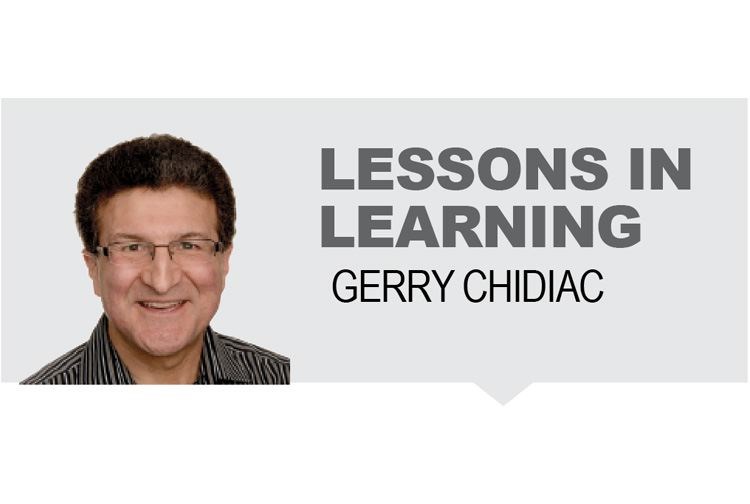Psychiatrist and Holocaust survivor Viktor Frankl made many trips to the United States. He appreciated the sense of freedom experienced by Americans, but added, “I recommend that the Statue of Liberty on the East Coast be supplemented by a Statue of Responsibility on the West Coast.”
Freedom and responsibility seem to mean different things to different people. To Frankl, the ultimate freedom was for a person to mindfully choose how they would respond, regardless of the circumstance. When we choose freely, however, we are responsible for the consequences of each decision.
This realization may make us very uncomfortable.
Those of us who live in democracies have the ability to influence our governments. We rightly express gratitude toward those who made sacrifices, even giving their lives, so we could have this freedom.
Seeing freedom and liberty as the ability to do whatever we want with no consideration for the consequences of our actions, however, trivializes what we have been given by simply making it an excuse to behave irresponsibly. It is also a recipe for social chaos.
This is just one of the many deep truths that has become clear during the Covid-19 crisis.
Human beings do not know everything, but we do have an incredible capacity to learn. This is why directives from scientists are not the same now as they were last spring. They are giving us the best information possible, trying to err on the side of caution, all the while humbly accepting that they do not have any definitive answers. Their recommendations may change as new evidence emerges, but this is a normal part of the scientific process.
The rest of us can choose whether or not we want to follow the recommendations of experts in virology and epidemiology, or even if we want to believe them. The harsh reality of this decision, however, is that we then become responsible for the consequences of our actions.
Everything we do has a consequence, sometimes positive, sometimes negative, sometimes neither. The challenge is that there is no way that we can know the consequences of every decision.
There are principles, however, which sages through the centuries have realized lead to the best outcomes. We need to be humble in our quest for truth, admitting what we do not know and being willing to listen to others. We also need to be respectful, looking not only at what works for us, but what is also best for our neighbours.
It is interesting to note that in order to have this kind of humility and willingness to sacrifice, we need to see the goodness and beauty in ourselves. We need to be confident and secure in order to admit that we could be wrong.
Though it may sound counterintuitive, when we are feeling down, as many of us do in this time of isolation, often the best thing we can do is something kind for our neighbour.
The Covid-19 crisis is getting worse all around the world, and the challenges we are facing will continue to exacerbate as those of us living in the northern hemisphere move into our winter season. We are, however, learning a great deal about this virus as we move forward. It is like we are all part of a global experiment, constantly providing data to our scientists.
We are indeed free to accept what health officials are telling us. We are free to comply with the new laws and the societal expectations regarding Covid-19 protocol. Each choice we make, however, has a consequence, and by making our choices we become responsible for the known consequences.
We know that Covid-19 is a highly contagious virus. We know that it spreads rapidly, particularly when people congregate in closed spaces. We know that it has already killed over one million people worldwide.
Perhaps the most responsible thing we can do is to freely choose to follow the directives of the Chief Health Officer for British Columbia, Dr. Bonnie Henry: “Be Kind. Be calm. Be safe.”



